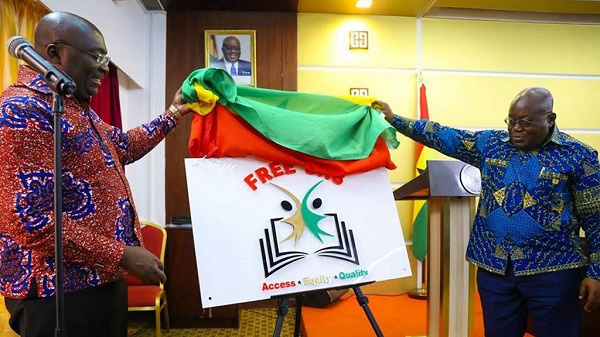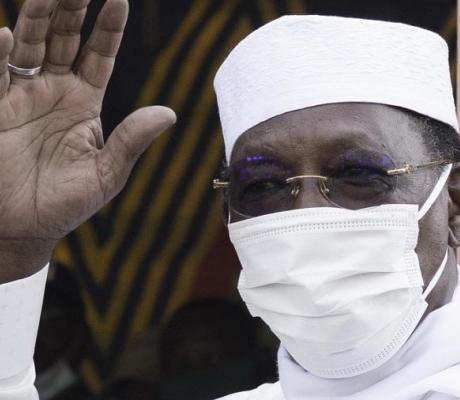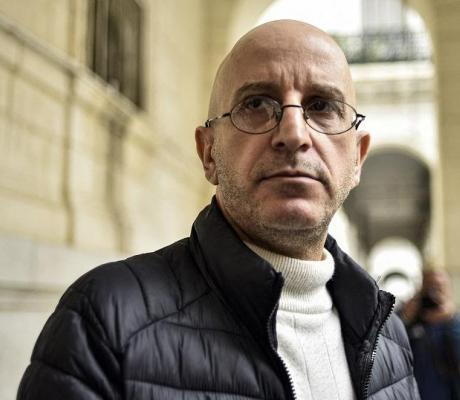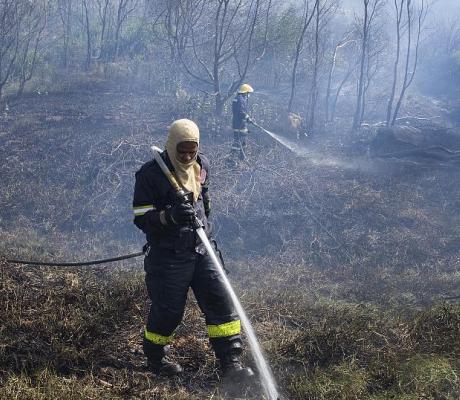Free Senior High School was one of the flagship programs of the then flag-bearer of the New Patriotic Party in the 2016 General elections. Initially, free education was at the primary and junior high levels. However, in a bid to be elected to office, Nana Addo Dankwa Akufo-Addo promised to make senior high schools free in the country.
With most of the population in the country being low or medium-income earners, the move could not come at a better time to help learners achieve their dream of completing their education. This, therefore gave him a walk-over victory over his contender - the then President, John Dramani Mahama.
After being sworn in on January 7, 2017, President Akufo-Addo launched the FSHS on Tuesday, September 12, 2017 to give every Ghanaian child the opportunity to experience life in Senior High School.
Under this new policy, the government covers all tuition and admission fees, textbooks, library fees, science centre fees, fees for ICT, examination fees, utility fees, boarding, and meals for students admitted to public senior and vocational high schools across the country.
This is in line with Article 25 (1) (b) of the 1992 Constitution which states that, “Secondary education in its different forms including technical and vocational education shall be made generally available and accessible to all by every appropriate means and, in particular, by the progressive introduction of free education.”
Goal 4, Target 1 of the Sustainable Development Goals (SDGs) also states that, “by 2030, all boys and girls complete free equitable and quality primary and secondary education leading to relevant and effective learning outcomes.”
The Free SHS programme since its inception has been financed from the Annual Budget Funding Amount (ABFA) of petroleum revenues and the general government coffers or the Consolidated Fund.
More than 1.6 million students, as of the end of 2021, have benefited from the government’s flagship education programme, since its inception in 2017. The average enrolment in SHSs has also increased from about 800,000 in 2015 to 1.2 million in 2021, with the double-track system playing a major role in that regard.
Statistics from the West Africa Examinations Council (WAEC)’s provisional results indicate that there was an improvement in the performance of candidates at Grades A1 to C6 in English Language and Mathematics (Core) in 2020 as compared to 2019 as follows:
- English Language – 48.96% in 2019 to 57.34% in 2020
- Mathematics (Core) – 65.31% in 2019 to 65.71% in 2020.
On the other hand, Integrated Science and Social Studies recorded a decline in the performance of candidates at Grades A1 to C6 in 2020 as compared to 2019 as follows:
- Integrated Science – 63.17% in 2019 to 52.53% in 2020.
- Social Studies – 75.43% in 2019 to 64.31% in 2020.
With all these achievements so far, how beneficial is Free Senior High School? To begin with, Free Senior High School helps foster equality in schools and poverty reduction for parents.
The fact that all children have access to the same quality of secondary education is an advantage to them and a relief to their parents. It does not matter how wealthy or poor your family is, free SHS has levelled the ground for all kids, giving everyone an equal opportunity to excel, thereby promoting fairness.
Again, it helped people take better and more informed decisions with the use of their knowledge. This increases the success rate of a person in life and also gives them a sense of accomplishment. Subsequently, education is also responsible for providing an enhanced lifestyle. It gives one career opportunities that can increase their quality of life.
Moreover, FSHS helps people in the identification of their skills. Life in the SHS helps one identify his or her abilities through interaction with other people, entertainment and other programmes in senior high school e.g. Critical Thinking Skills.
Free education will help the economy of the country by transforming it positively. Education for all means that everyone will have basic expertise and that they will be knowledgeable and fully equipped.
Such knowledge and expertise will then be used to solve some of the problems facing the economy in the country.
Another important reason for the FSHS is it helps in bridging the ratio of male to female enrollment in the senior high schools. FSHS has helped motivate girls to enroll in high schools and has also led to the introduction of Science, Technology, Education, and Mathematics (STEM).
Lastly, FSHS would help break the gap of illiteracy. According to analysts, education can help society eradicate poverty in Africa. This is because education helps melt ignorance, illiteracy, and unnecessary pride. Instead, of all those, it helps stimulate inventions and innovations and, as such, helps people to rise to the global map.
Author: Frederick Kunzote-Ani







